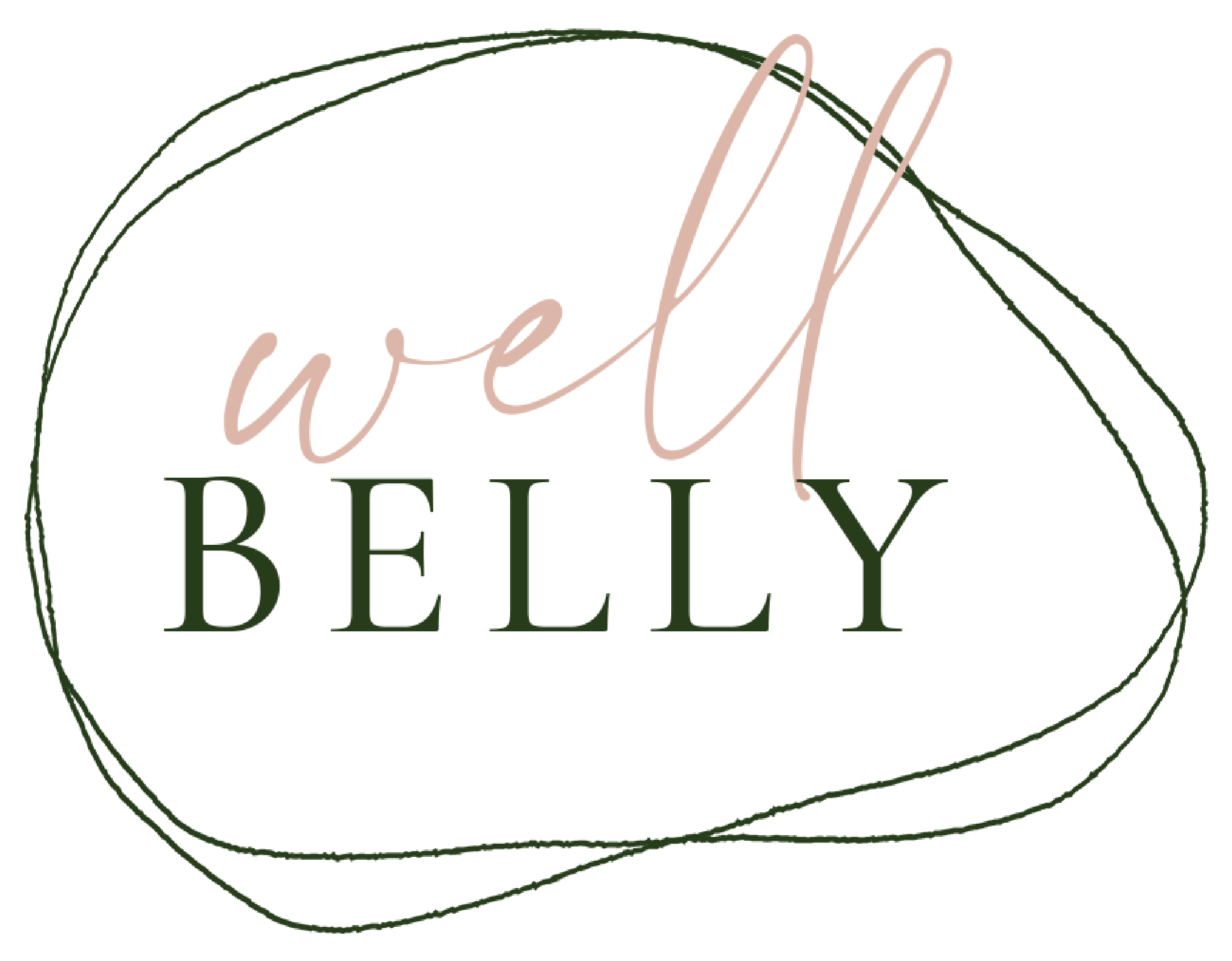Understanding Histamines on GAPS
Approaching the GAPS protocol (or any gut healing protocol) with a histamine intolerance is something I am asked about often. Understanding the role histamine plays can be very confusing when it comes to deciding the right approach, but one thing is clear, GAPS and healing the gut is the way to resolve histamine issues. Histamine is a compound which is found in some foods, and is also made in our own bodies. Histamines play an important role in our immune function, digestion and our brain function. For some people, damage to the gut can decrease the bodies ability to break down histamines, and an unbalanced gut flora can result in an overgrowth of histamine producing bacteria, these are just some of the conditions that can lead to histamine intolerance.
Histamine intolerance is very common for people with digestive issues.. Histamines can accumulate in your body and then have a resulting explosive reaction often times through a raised red rash that resembles a burn. Histamine responses can be anything from the flushing of the face and body, nausea, burning in the mouth, headache, feeling faint, blurred vision, abdominal cramps, gas, diarrhoea, wheezing, respiratory issues, cold-like symptoms, flu- like symptoms, swelling or inflammation, hives, eczema or other similar responses. Histamines can also leave you feeling overly focussed on things- for example you can’t draw yourself away from social media, or your work etc (this is due to the increased blood flow to the brain creating and almost obsessive focus).
If histamines are an issues for you, keep your meat stock cooking times as low as possible (just until the meat is cooked) and freeze everything straight away, as freezing dramatically slows the production of histamines. Meat stocks rather then bone broths are essential for not only reducing histamines, but for true gut healing. For some people who are very sensitive to histamines, care will need to be taken when purchasing meat- the meat will need to be as fresh as possible to avoid too many histamines. Some will also need to avoid consuming any leftovers, as proteins increase in histamines as they age. People with histamine issues may need to ferment their probiotic foods longer as this actually reduces the histamine, and introduce more slowly. Other foods that are high in histamine are vinegar, tomatoes, eggplant, spinach, avocado, strawberries, citrus, nuts, fish, pork, and cured meats. Ginger tea is a great anti-histamine and can be added to meals and made into tea.
Histamine intolerance varies greatly for each person, and everyone has a level at which they will start to show symptoms from over consumption of histamine. If you have noticed that you have some of the histamine intolerance symptoms, just start reducing some of the obvious histamine foods and find the level at which you do tolerate histamines. As your gut heals, you will see that the histamine symptoms lessen, and you are able to gradually increase the histamine containing foods with no symptoms.

